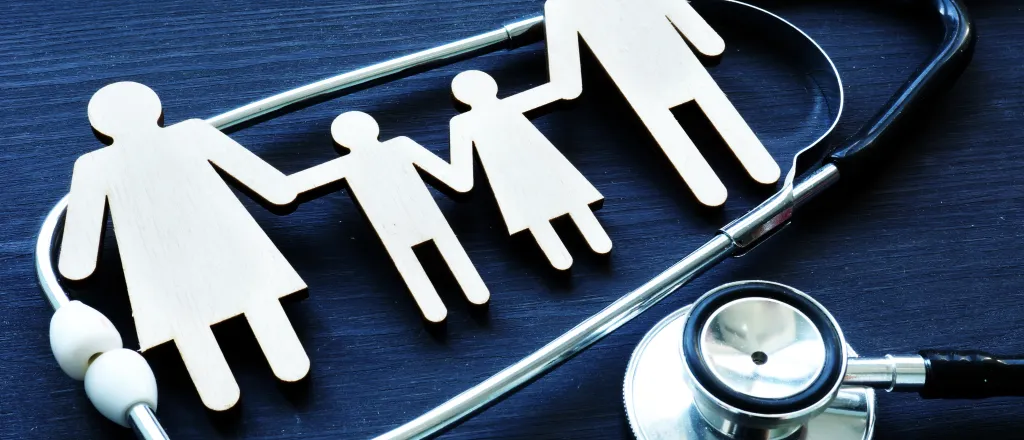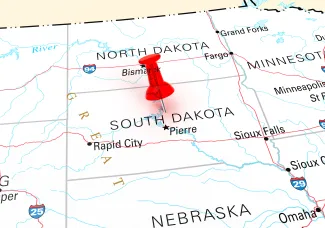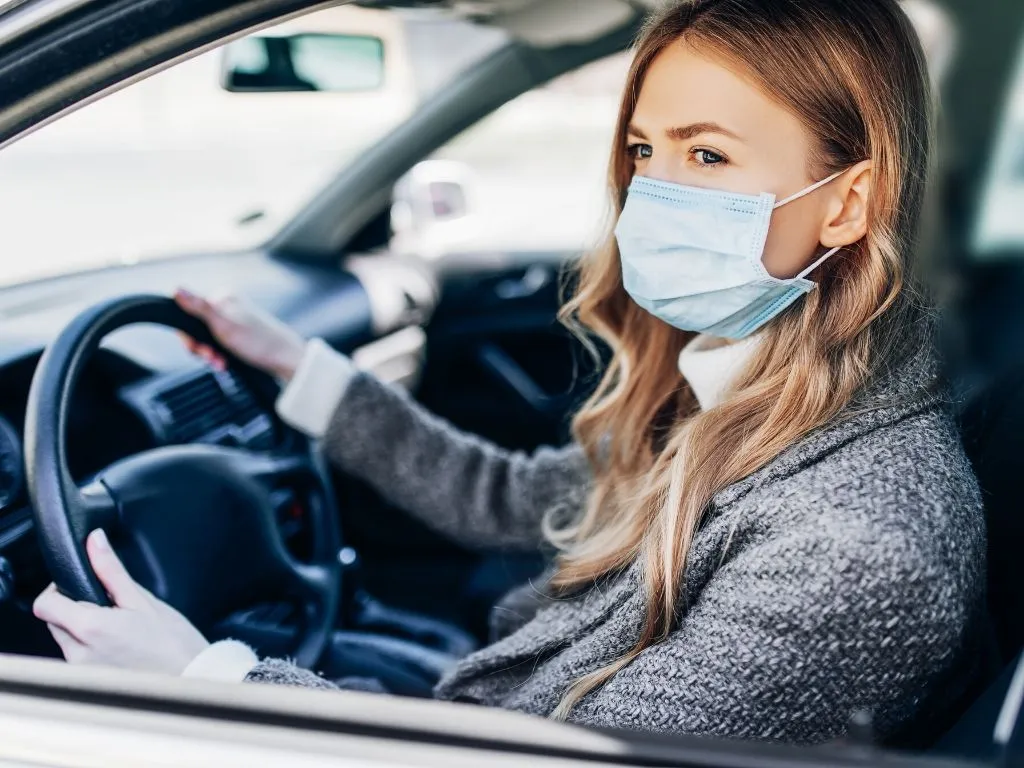
South Dakota hopes new platform 'connects the dots' for community wellness
Click play to listen to this article.
(Greater Dakota News Service) South Dakota has a higher-than-national-average rate for certain health indicators, such as high blood pressure in adults. State officials hope an emerging digital tool will help some communities achieve better outcomes by overcoming some barriers.
The state health department is rolling out its Nexus SD platform in Rapid City and Mitchell. Rachel Sehr, the department's community engagement director, said it works as a referral service for high-risk and underserved populations.
There are two versions: one for providers and support organizations to relay information, and a separate online search tool for residents. By streamlining connections, Sehr said, partners can take a quicker path to address social determinants of health.

"And that really allows everybody who's using it to have a much more broad picture of what's happening with that individual," she said.
For the person seeking guidance, that limits how many times they have to explain their situation or go through a screening process. And the platform isn't only for health-care needs. It can help with food access or transportation. As for privacy protections, officials say providers have rules to adhere to, including confidentiality matters. Users can also search for help anonymously.
The project's launch relies on funds awarded by the Centers for Disease Control and Prevention. Sehr pointed to similar efforts in large cities such as San Diego and said her team hopes it can be rolled out statewide in South Dakota.
"We'll be targeting community by community throughout the state," she said, "trying to onboard multiple organizations within a single community at a time."
The initial project phase goes for another year, and a larger expansion might depend on the availability of funding. The health department said ushering in a holistic approach to community wellness could help inform policy and investment decisions to better respond to the unmet needs of vulnerable populations.

















